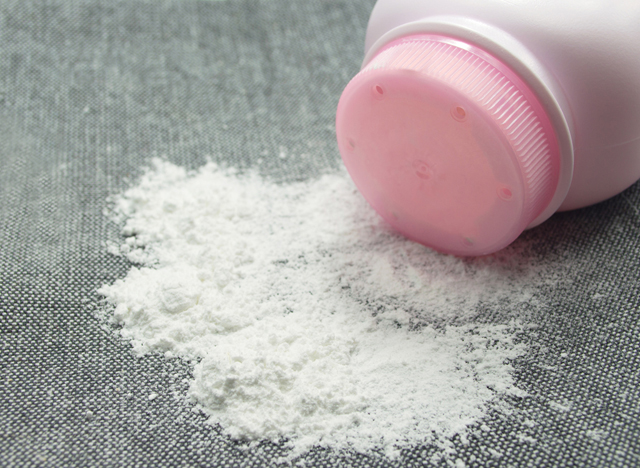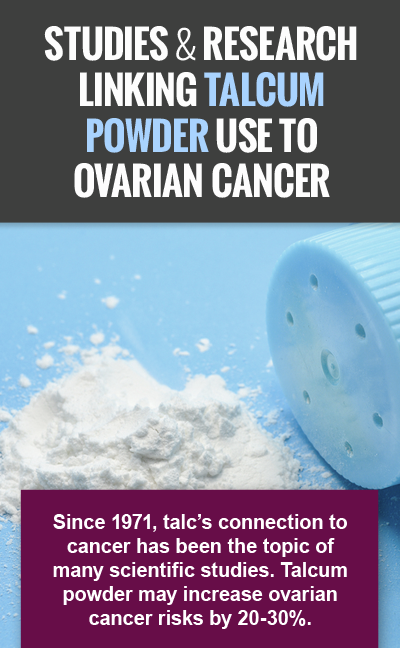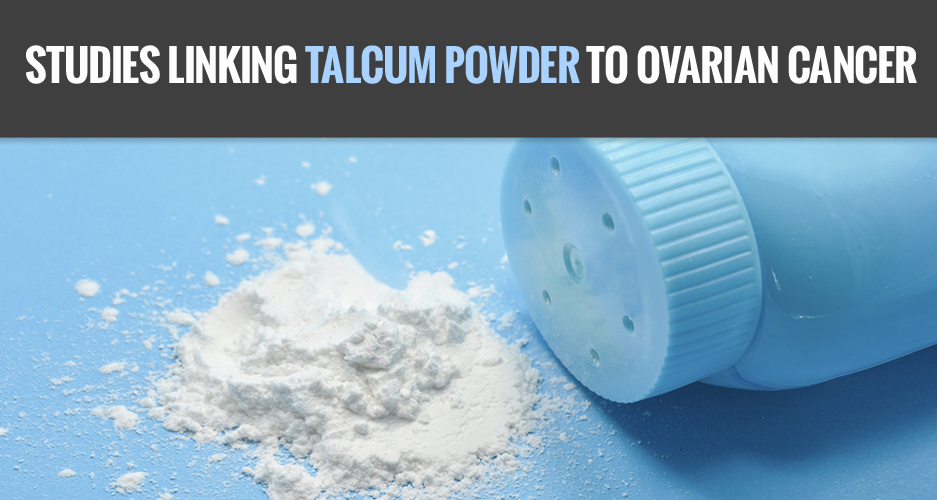Ever since a 1971 study found talc particles embedded in 75% of the ovarian tumors they examined, researchers have warned about the potential risk of ovarian cancer and other cancers in women who use talcum powder around their genital area. Still, Johnson & Johnson refuses to add cancer warnings to the labels of its talcum powder products, and women continue to use the company’s talc powder for feminine hygiene purposes, unaware that they may be increasing their risk of ovarian cancer, uterine cancer and cervical cancer. If you have been diagnosed with cancer, and you believe Johnson & Johnson’s Baby Powder or Shower-to-Shower body powder products to be the cause, consult an experienced talcum powder attorney today to explore your possible compensation options.

Early Talcum Powder Cancer Research
It was in the 1970s that researchers first established a potential link between the use of talcum powder for feminine hygiene and an increased risk of ovarian cancer, and a growing body of research published in recent years has echoed these disturbing findings. In May 1999, a study published in the International Journal of Cancer concluded that “there is a significant association between the use of talc in genital hygiene and risk of epithelial ovarian cancer that […] warrants more formal public health warnings.” The following year, the Journal of the National Cancer Institute indicated that “perineal talc use may modestly increase the risk of invasive serious ovarian cancer” in women.
Talcum Powder Studies Today
Despite Johnson & Johnson’s claims that its talc-based Baby Powder and Shower-to-Shower body powder products are safe to use, study after study has shown the opposite to be true. In September 2008, for example, researchers from Harvard found that talcum powder used for feminine hygiene increased the risk of ovarian cancer by 36%. In research published in the journal Cancer Prevention Research in June 2013, the study authors found that women who dusted their groin area with talcum powder faced a 20% to 30% increased risk of ovarian cancer, compared to other women. Still, Johnson & Johnson has yet to provide women with sufficient warnings about the serious health risks associated with its talc-based powders.
Johnson & Johnson Allegedly Concealed Cancer Risk
Court documents brought to light in recent talcum powder trials have shown that Johnson & Johnson has known about the potential risk of ovarian cancer from talcum powder for decades. However, as recently as 1992, Johnson & Johnson allegedly targeted its sales towards women who regularly used talcum powder for feminine hygiene purposes, without ever warning about the possible risk of ovarian cancer. As a result, J&J currently faces more than 2,000 product liability lawsuits involving talcum powder and ovarian cancer, and two landmark verdicts in the amounts of $72 million and $55 million have already been brought against Johnson & Johnson by juries in St. Louis, Missouri.
Contact an Experienced Talcum Powder Cancer Lawyer for Help
As researchers continue to explore the potential link between talcum powder and ovarian cancer, and as women across the country become aware of this serious health risk, Johnson & Johnson is ultimately expected to face thousands of product liability lawsuits in the coming years. If you believe you have been adversely affected by cancer side effects of talcum powder, you may be entitled to financial compensation for your injuries, medical expenses, emotional trauma, and other related damages. Contact a knowledgeable talcum powder cancer lawyer today to discuss your options for legal recourse.






